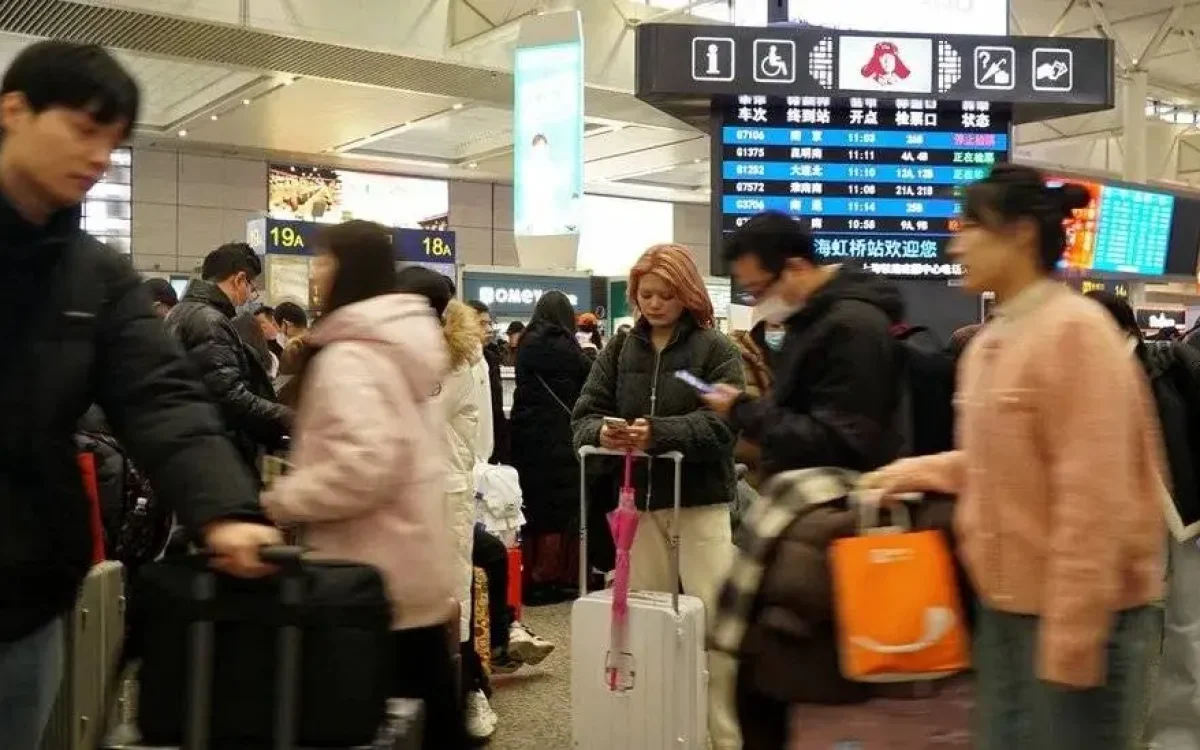As China gears up to celebrate the Lunar New Year, millions of internal migrants face a difficult decision: whether to make the journey home or stay away amidst challenging economic times. For individuals like Yuwen, a 33-year-old who has been unemployed for over six months, the prospect of returning home fills them with dread rather than joy.
Traditionally, the Chinese New Year is a time for family reunions, with many of the country’s nearly 380 million internal migrants making the arduous trip back to their hometowns. However, for those grappling with unemployment, the homecoming brings not only the anticipation of cherished moments with loved ones but also the anxiety of facing scrutiny and judgment from relatives.
Yuwen’s predicament is shared by countless others who fear being grilled by relatives about their work situation, particularly their job status, salaries, and benefits. With the pressure to maintain appearances and avoid shame, many, like Yuwen, resort to deception, fabricating stories about their employment status to spare themselves from embarrassment.
The decision to limit the duration of the visit, spending only a few days with relatives instead of the customary week or more, reflects the desire to minimize discomfort and hasten the return to normalcy. Yet, even this brief respite is overshadowed by the specter of judgment and disapproval.
Yuwen’s reluctance to return home mirrors a broader trend among young people, particularly the recently unemployed, who are opting to forego the traditional festivities altogether. Official data released in June 2023 revealed alarming levels of youth unemployment in China, with more than one in five city-dwellers aged between 16 and 24 without employment. Although recent figures suggest a slight improvement, concerns about job prospects and economic stability persist.
The Chinese economy, once synonymous with rapid growth and prosperity, is facing headwinds, with the anticipated post-Covid recovery failing to materialize. Challenges such as a crashing real estate market and mounting local government debts have compounded the nation’s economic woes.
However, perhaps the most significant factor contributing to the confidence crisis is the perception of increased government intervention and crackdowns on private enterprises under the leadership of Xi Jinping. Investors fear that party control may take precedence over economic development, exacerbating tensions and undermining prospects for growth.
As China grapples with these challenges, the decision to forgo traditional New Year celebrations underscores the deep-seated anxieties and uncertainties pervading society. For individuals like Yuwen, navigating the delicate balance between familial obligations and personal aspirations remains a daunting task in an increasingly uncertain world.









